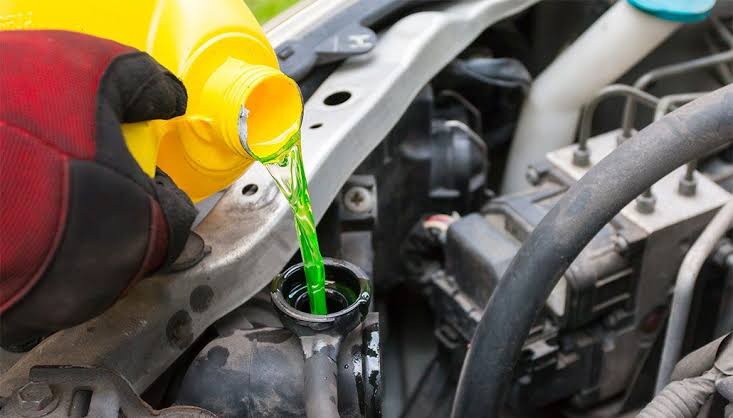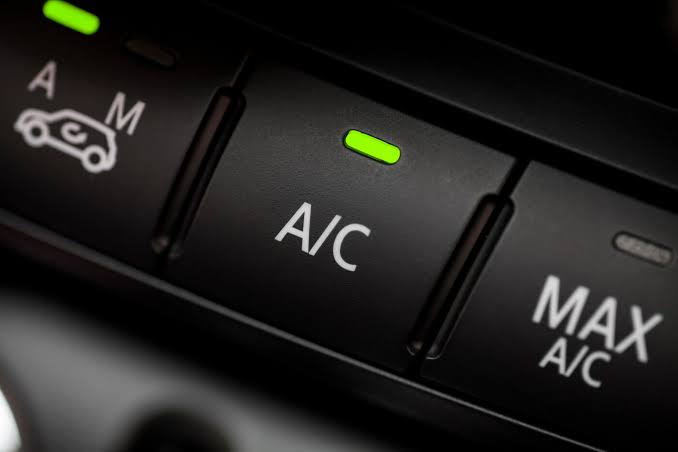Will My RV Charge a Lithium Battery?

Lithium batteries are becoming an increasingly popular choice for RV owners due to their longer lifespan, faster charging capabilities, and lighter weight compared to traditional lead-acid batteries. However, when it comes to charging lithium batteries in an RV, many owners wonder if their existing RV charging system is compatible with these newer, high-tech batteries. In this article, we’ll answer the key questions about charging lithium batteries in an RV, how to ensure compatibility, and whether any upgrades might be needed.
Can My RV Charge a Lithium Battery?
Yes, your RV can charge a lithium battery, but it depends on the type of charging system your RV uses. Lithium batteries require a specific charging profile, so it’s important to ensure your RV’s charging system can accommodate these requirements.
Understanding the RV Charging System
To better understand if your RV can charge a lithium battery, it’s important to know how RV charging systems work.
1. RV Charging System Basics
- Converter/Charger: The RV’s charging system typically includes a converter or charger, which is responsible for converting 120V AC power into 12V DC power to charge the batteries.
- Alternator: When the RV is in motion, the alternator can also charge the house battery by providing power to it.
2. Charging Profiles
- Lithium batteries have a different charging profile compared to lead-acid batteries. They require precise charging parameters, such as a constant current (CC) and constant voltage (CV) stage, to safely and efficiently charge the battery.
- Lead-acid chargers often do not provide the necessary control over the charging voltage and may overcharge or undercharge a lithium battery, which can shorten its lifespan.
Charging Lithium Batteries in an RV
1. Compatibility of RV Charging System
- Older RVs: If your RV is older and uses a traditional lead-acid battery charging system, it might not be compatible with lithium batteries out of the box. You may need to upgrade the converter/charger to one that supports lithium charging.
- Modern RVs: Many newer RVs come equipped with chargers that are lithium-compatible, or at least have an option to switch the charging profile to lithium mode.
2. Upgrading Your Charging System
- If your RV’s charging system is not compatible with lithium batteries, you can upgrade to a lithium-compatible charger. Some RV chargers have a switch that allows you to change the charging profile depending on the type of battery you’re using (lead-acid, AGM, or lithium).
- In addition to upgrading the charger, you may also need to update the solar charge controller and DC-DC charger to ones that are lithium-compatible.
3. Using an Inverter
- If you have an inverter in your RV, you will also need to ensure that it is suitable for lithium batteries. Some inverters are designed to work with both lead-acid and lithium batteries, but it’s important to confirm the specifications to avoid damaging the battery.
Do I Need to Upgrade My RV’s Battery Monitoring System?
Lithium batteries also require a battery management system (BMS) to regulate the charging and discharging process. If your RV uses a lead-acid system, you may need to upgrade or install a new BMS specifically designed for lithium batteries. This system will monitor the battery’s voltage, temperature, and state of charge to protect it from overcharging, deep discharge, and overheating.
How Long Does It Take to Charge a Lithium Battery in an RV?
One of the advantages of lithium batteries is their faster charging time compared to traditional batteries. Depending on your RV’s charging system and the size of the lithium battery, charging time can vary. However, generally, lithium batteries can be charged 30-50% faster than lead-acid batteries, meaning you’ll have more time to enjoy your RV.
Advantages of Using Lithium Batteries in an RV
Switching to lithium batteries in your RV comes with several benefits, including:
1. Longer Lifespan
- Lithium batteries last much longer than lead-acid batteries, often providing over 2,000 charge cycles compared to the 300-500 cycles of traditional batteries.
2. Lighter Weight
- Lithium batteries are much lighter than lead-acid batteries, which is particularly beneficial for RV owners looking to reduce weight and improve fuel efficiency.
3. Faster Charging
- As mentioned, lithium batteries charge more quickly, meaning you won’t have to wait as long to get back on the road.
4. More Usable Power
- Lithium batteries offer more usable power (typically 80-90% of the battery’s capacity) compared to lead-acid batteries, which only provide 50-60% of their total capacity.
Conclusion
In summary, your RV can charge a lithium battery, but it largely depends on the type of charging system you currently have. If your RV is equipped with a modern, lithium-compatible charger, you’re good to go. However, if you have an older system, you may need to make some upgrades to ensure safe and efficient charging of your lithium battery.
Upgrading your RV to use lithium batteries can offer a range of benefits, including longer lifespan, quicker charging, and lighter weight, making it a worthwhile investment for many RV owners.
Frequently Asked Questions (FAQs)
1. Can I charge a lithium battery with a regular RV charger?
- It depends on your charger. Older RV chargers designed for lead-acid batteries may not be suitable for lithium batteries. You may need to upgrade to a lithium-compatible charger to ensure proper charging.
2. How long does it take to charge a lithium battery in an RV?
- The charging time depends on the capacity of the battery and the power output of your RV’s charging system. On average, lithium batteries charge 30-50% faster than lead-acid batteries.
3. Will I need to replace my solar charge controller to charge lithium batteries?
- Yes, in most cases, you will need to upgrade your solar charge controller to one that supports lithium batteries to ensure safe and efficient charging.
4. Are lithium batteries worth the investment for my RV?
- Yes, lithium batteries offer longer lifespan, faster charging, and more usable power, making them a great investment for RV owners who want reliable and efficient power sources.
5. Can I use my existing inverter with a lithium battery?
- If your inverter is compatible with lithium batteries, you can use it. Be sure to check the specifications to avoid damaging the battery.





